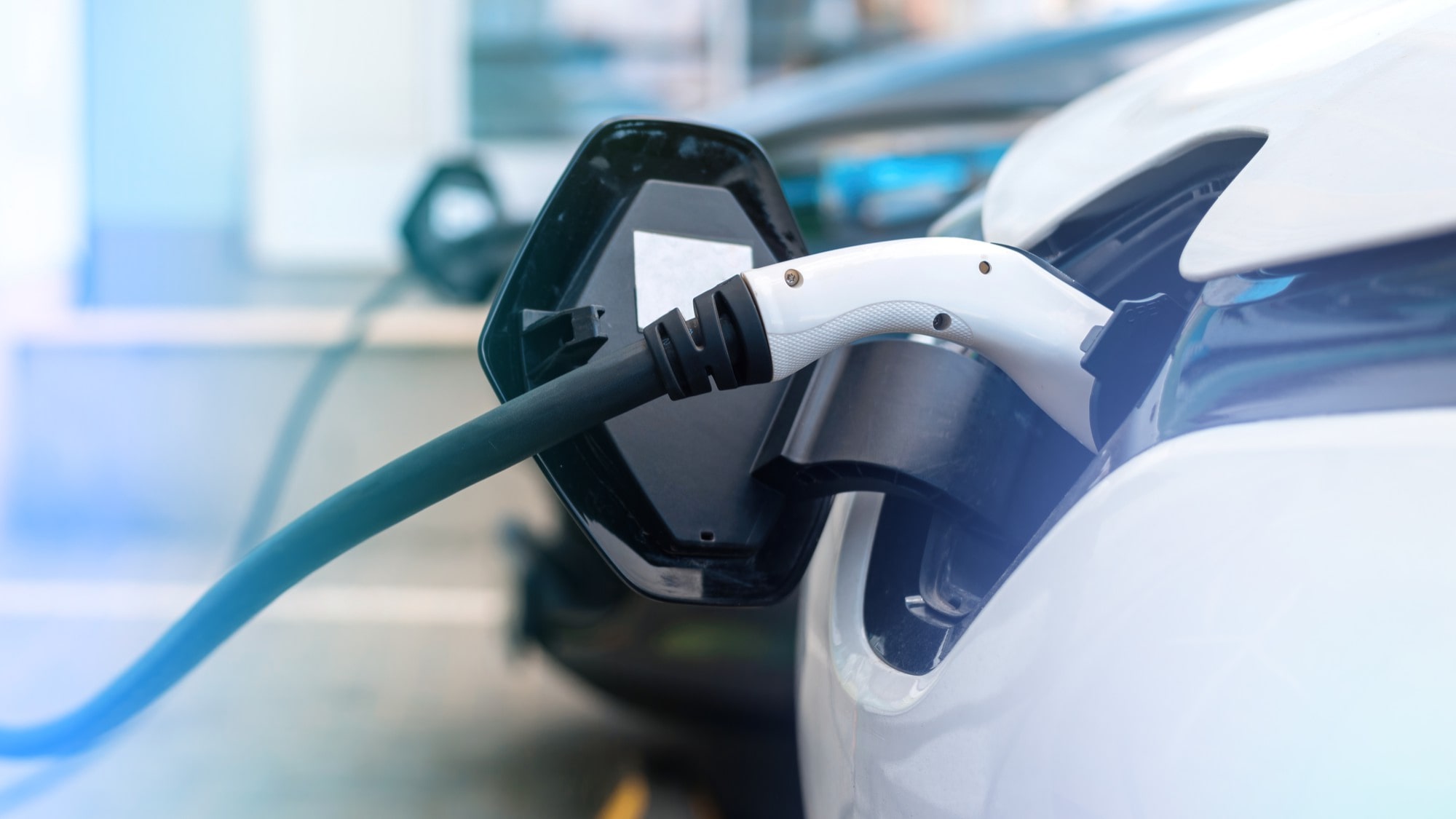As electric cars continue to gain popularity, you might consider the benefits of installing an electric charger at home. Understanding the cost to install electric car charger, with the potential for cost savings, increased convenience, and a positive impact on the environment, there’s never been a better time to explore this option. This comprehensive guide will provide you with everything you need about electric car charger installation, from understanding the costs and requirements to finding qualified installers and taking advantage of government grants.
Key Takeaways
- Installing an electric car charger at home can cost between £800-£1,500 and vary in capacity.
- Additional components and labour costs should be considered for a successful installation, while government grants may reduce the overall expense.
- Home charging is typically more economical than public charging, with potential savings of up to 78%, although professional installation is advised for safety reasons.
Understanding the Costs of Electric Car Charger Installation
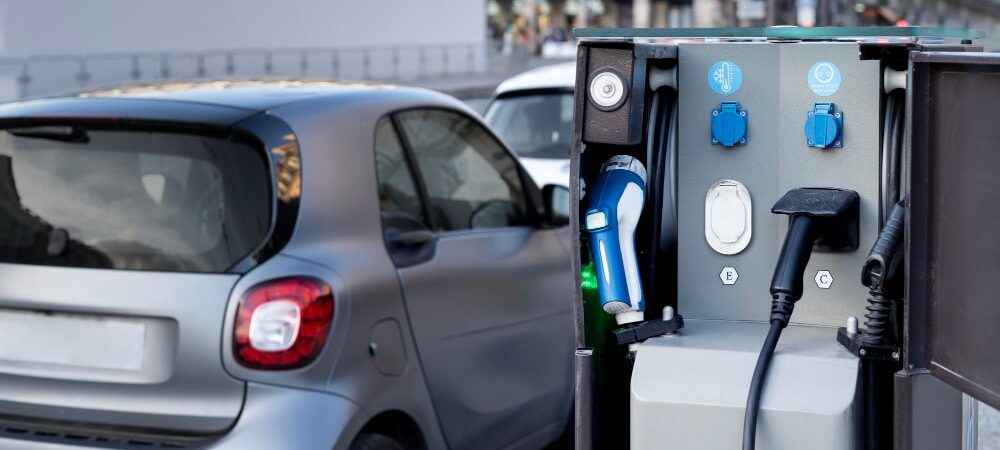
Cost consideration is crucial when planning to install an electric car charger. The expense of home EV charger installation for electric cars ranges from £800 to £1,500, depending on various factors such as charger type, installation location and complexity, and additional components and labour.
Acknowledging these factors aids in making an informed decision on the optimal charging solution tailored to your needs.
Charger Types and Prices
Electric car chargers come in different types and capacities, varying prices accordingly. Common types include 3.6kW, 7kW, and 22kW chargers. Although 7kW chargers are generally more expensive than 3.6kW chargers, they offer faster charging times, making them a popular choice for many EV owners.
Remember, that 22kW chargers necessitate a three-phase power supply, rendering them incompatible with most UK homes, as they usually operate on a single-phase electricity supply.
Installation Location and Complexity
The location and complexity of your electric car charger installation can also impact the overall cost. More remote locations and intricate installations may require extra labour and materials, increasing expenses. Factors to consider when determining the complexity of the installation include:
- Type of charging station
- Power capacity
- Location
- Electrical requirements
- Charging time
- Maintenance
Considering these factors will help you determine the overall cost of your electric car charger installation.
Additional Components and Labour
In some cases, additional components may be necessary to install an electric car charger. For instance, an earth rod may be required for specific EV chargers and properties. Additionally, complex installations may require extra labour beyond the standard installation time.
Factoring in these potential costs during the planning stage of your electric car charger installation helps dodge unforeseen expenses.
Government Grants and Financial Assistance
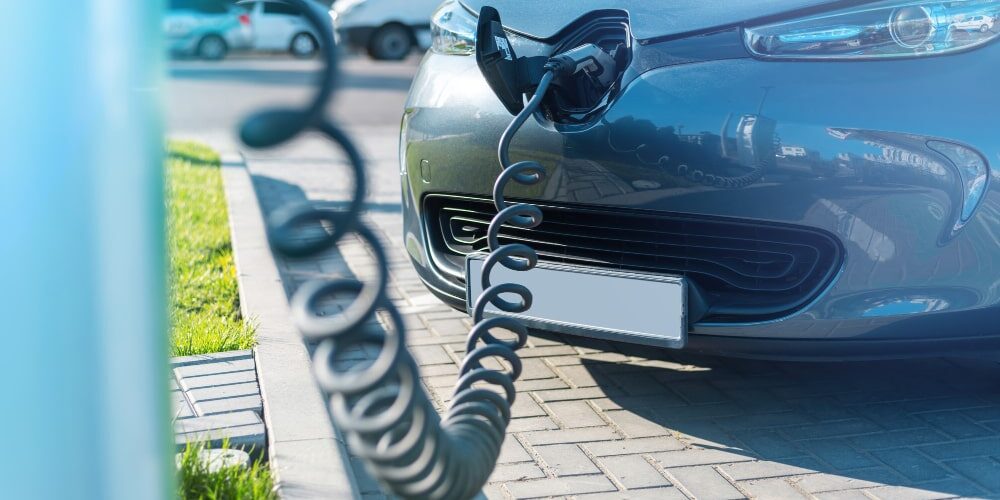
To help offset the cost of installing electric car chargers, the UK government offers grants and financial assistance. The EV Chargepoint Grant offers up to £350 of funding that covers up to 75% of the cost of fitting charge points for electric cars at domestic properties. This grant is available for tenants, flat-owner occupiers and landlords with private parking spaces. To be eligible for the grant, you must reside in a rented property or possess a flat, have dedicated off-street parking, own, lease or have access to an eligible electric or plug-in hybrid vehicle, and not have already claimed a grant.
Another financial support program is the Workplace Charging Scheme for Electric Vehicles, which provides eligible businesses up to £350 per charger, with a limit of 40 chargers. Although the Electric Vehicle Homecharge Scheme (EVHS) was a grant program for home charger installation, it concluded in April 2022.
Utilising these government grants significantly curtails the cost of installing an electric car charger at your property.
Comparing Home Charging vs Public Charging Costs

The convenience of having a home electric car charger also translates into cost savings. On average, home charging can save you up to 78% compared to public charging, with annual costs of £582 for home charging and £1,029 for public charging. Maximize these savings further by adopting EV-friendly energy tariffs from providers like Octopus Energy and OVO Energy.
To further reduce home charging costs, you can use your car’s smartphone app or a smart home charger to schedule charging sessions during off-peak hours when electricity prices are lower. With these strategies, you can save hundreds of pounds annually while enjoying the convenience of charging your electric car at home.
Requirements for Installing a Home Electric Car Charger
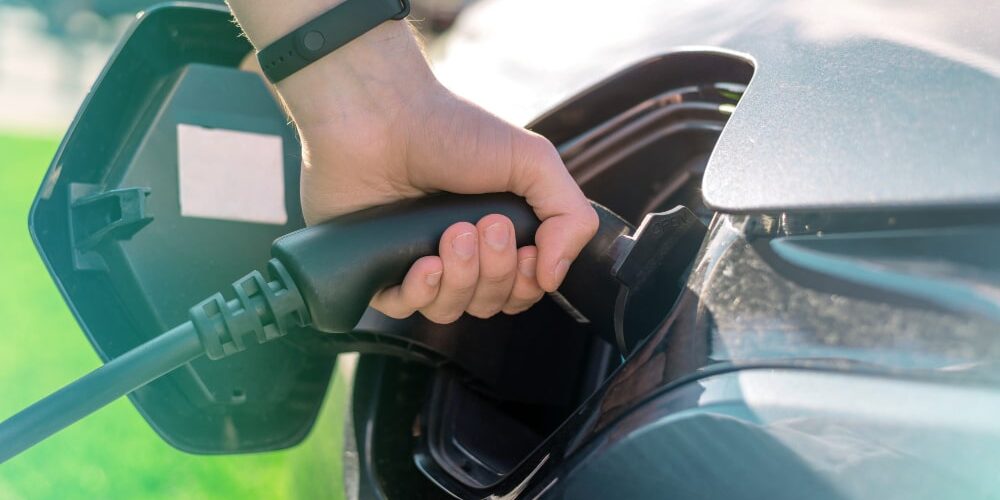
Before installing a home electric car charger, there are certain requirements to consider:
- You must have off-street parking available.
- If you rent your property or live in a flat, you’ll need to obtain permission from your landlord to install the charger.
- It’s essential to ensure compatibility with your vehicle’s connector type by understanding the technical specifications of the charger.
When planning your home charger installation, please take into account factors such as the length of the charging cable and how complex it is. Consider how the installer will connect the power source to the charger. Addressing these prerequisites guarantees a seamless and successful installation process.
Finding Qualified Installers for Electric Car Chargers
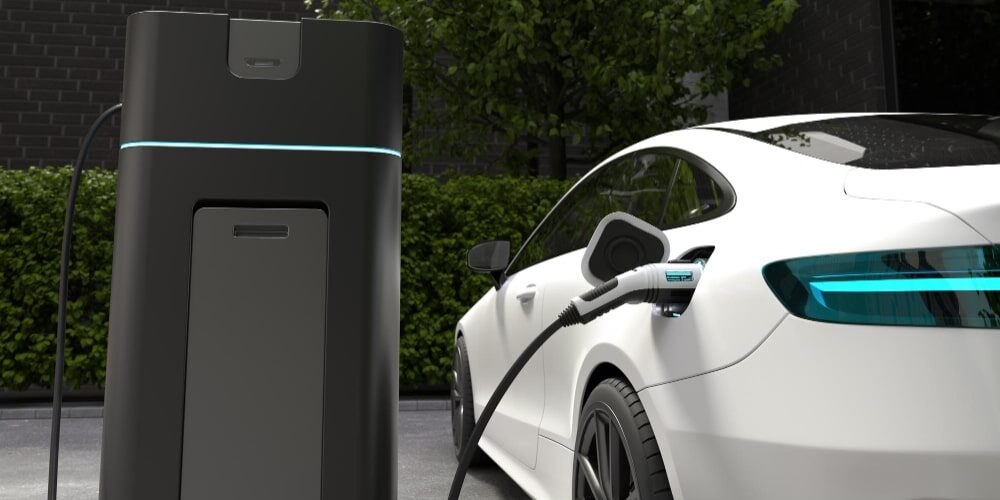
To ensure a safe and professional installation, finding a qualified installer for your electric car charger is crucial. Start by using local installer finders or choosing an installer registered with the Office for Zero Emission Vehicles (OZEV). Selecting an OZEV-registered installer entitles you to an accredited electrician and makes you eligible for any available government grants.
When selecting an installer, ensure they are registered with the NICEIC and/or OZEV. If applying for a government grant, it’s likely that you’ll need to employ an OZEV-approved tradesperson. Choosing a qualified installer offers peace of mind as it ensures your electric car charger’s safe and regulatory-compliant installation.
Smart Chargers and Their Benefits
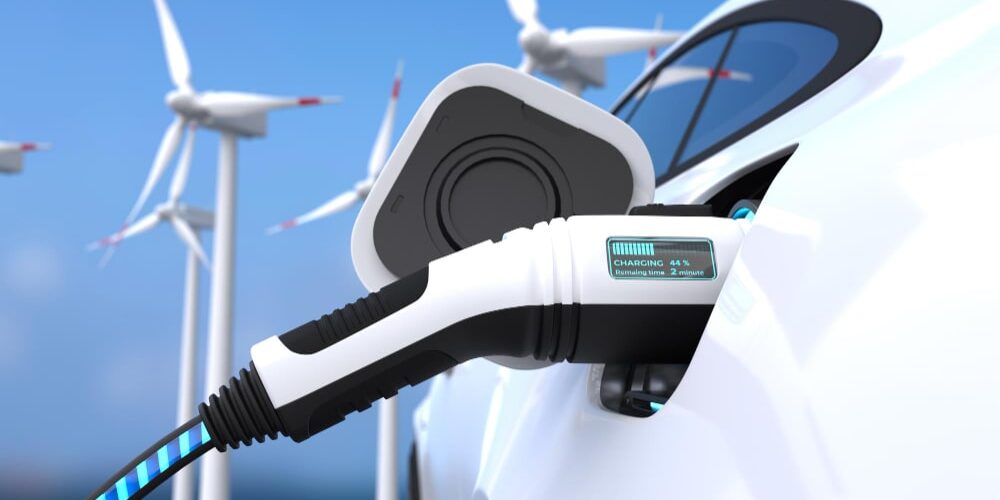
Smart chargers offer a range of advantages for electric vehicle owners, including:
- Remote control capabilities, allowing you to manage electricity demand
- Secure software updates to keep your charger up to date
- Charging schedules that can be set to avoid peak hours
Utilising a smart charger translates into greater efficiency and cost-effectiveness in your home charging setup.
Some of the key benefits of smart chargers include:
- Cost savings
- Faster charging
- Energy efficiency
- Remote monitoring and control
- Grid optimization
Programming your smart charger to charge during off-peak hours or at reduced rates helps minimise electricity consumption and maximize energy efficiency, leading to substantial savings on your energy bills.
Is It Worth Installing a Home Electric Car Charger?

Given the numerous advantages of home electric car chargers, it’s clear that installing one is a worthwhile investment. With the potential for significant cost savings, increased convenience, and added home value, the initial cost of a home charger often pays off within two years. Furthermore, a home charger, or wallbox, is essential for EV owners with off-street parking, offering convenient and cost-effective charging at home.
Not only does a home electric car charger provide financial benefits, but it also simplifies your life by ensuring a fully charged battery at all times. Additionally, having an EV charger is considered an increasingly desirable feature for a home, making it an attractive investment for the future.
Steps to Get Your Home Electric Car Charger Installed
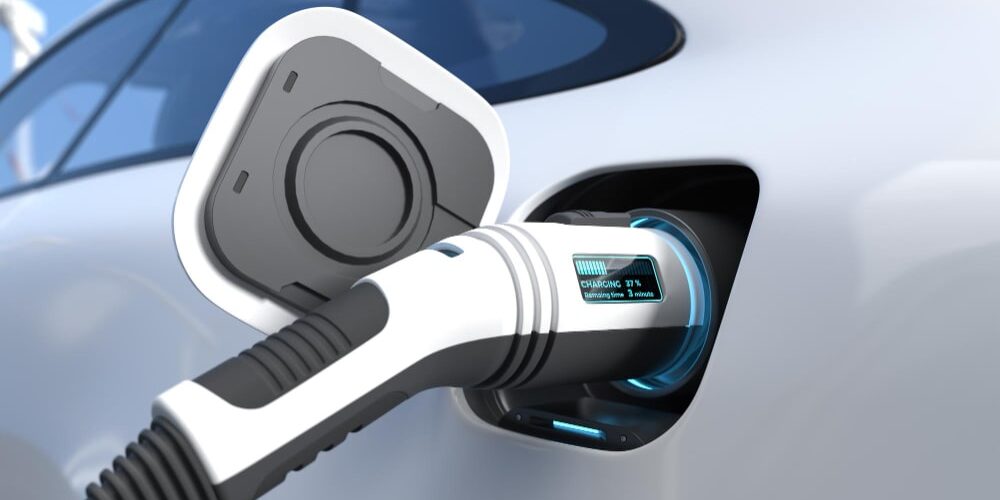
Once you’ve decided to install a home electric car charger, there are several steps to follow. Begin by comparing installation quotes through your energy provider or a specialist company, or use Zap Map to locate a charge-point installer in your area.
Next, choose an OZEV-registered installer to ensure you receive an accredited electrician and qualify for any available government grants.
Lastly, be aware of local planning regulations, including building and electrical safety regulations, and any other applicable regulations when installing your electric charger. Following these steps ensures a seamless installation process and paves the way to enjoy the benefits of home charging for years to come.
Can I install my own Level 2 charger?
While installing your Level 2 charger may seem appealing due to potential cost savings, it’s not recommended. The risks associated with self-installation include dangers of fire or electric shock if not installed correctly and non-compliance with relevant electrical codes and regulations. Additionally, professional installation ensures proper installation and adherence to regulations, which is essential for the safety and functionality of your charger.
Although installing your Level 2 charger may offer some advantages, such as cost savings and convenience, the potential risks outweigh the benefits. Instead, choose a qualified electric car charger installer to ensure a safe, professional, and compliant installation that will provide you with the best possible charging experience.
Summary
In conclusion, installing an electric car charger is an excellent investment that offers cost savings, convenience, and increased home value. By understanding the costs involved, taking advantage of government grants and financial assistance, and choosing a qualified installer, you can enjoy the benefits of home charging for years. With the rising popularity of electric vehicles and the numerous advantages of home charging, now is the perfect time to make the switch and embrace a cleaner, greener, and more convenient way to power your electric car.
Frequently Asked Questions
Do I need planning permission to install an electric car charger?
Typically, you do not need planning permission to install an electric car charger unless you live in a listed building or a conversation area. Permitted development rights for charging points are allowed under the Town and Country Planning Act 2015, as long as the installation is under 1.6 m tall and on an upright in a lawfully used off-street parking area.
Can an electrician install an electric car charger?
To install an electric car charger, one must have the qualifications and be certified or registered. Hiring a qualified electrician with experience installing EV chargers is recommended rather than attempting to do it oneself.
How much does it cost to install a Zappi EV charger?
Installing a Zappi EV charger costs around £1,395 (including VAT), depending on cabling requirements.
What factors influence the cost of electric car charger installation?
The cost of installing an electric vehicle charging point at home is influenced by several factors. The type and complexity of the charger itself play a significant role in determining the overall expense. For instance, a more advanced, high-capacity charger will likely cost more than a basic model. Additionally, the complexity of the installation process can also affect the cost. If the installation requires extensive electrical work or unusual setup, the cost will naturally increase.
Another factor to consider is the location of the charger. The cost may vary depending on whether the charger is being installed in a garage, a driveway, or a more remote location. Each of these locations may present unique challenges and requirements that can influence the installation cost.
Finally, additional components or labour may be needed, further impacting the price. For instance, certain properties may require an earth rod or other specific components for the installation. If the installation process is particularly complex or time-consuming, additional labour may be required, which will also add to the cost. It’s important to factor in all these elements when considering the overall cost of installing an electric vehicle charging point.
Are government grants available for installing electric car chargers?
Indeed, financial support for installing electric car chargers is available through government grants, such as the UK EV Chargepoint Grant. This grant plays a significant role in promoting the use of electric vehicles by making the establishment of a home electric car charging point more affordable. The grant aims to offset the cost of installation, thereby encouraging more homeowners to consider this environmentally-friendly option.
With this financial assistance, the transition to electric vehicles becomes more feasible for a larger number of people, paving the way for a greener future.
